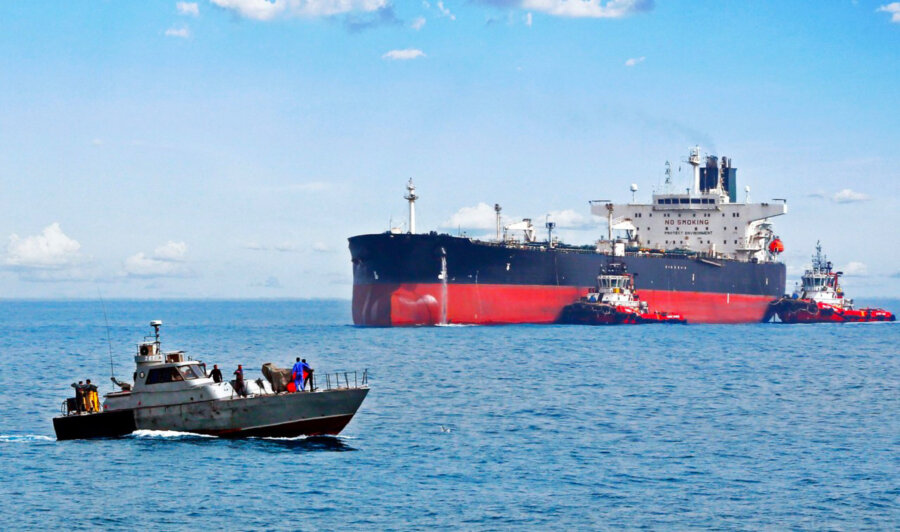

How fast LNG will conquer the marine fuel market
Over the past week, here at DNV, we have done another market analysis to assess how fast LNG will win into the marine fuel market. I am not at liberty to share the results, but it got me thinking about a broader theme.
But first, here’s what we did: We have developed a model that combines various sources for number of port calls and future fleet growth. With this model we can estimate the number of ships of a certain type and size that will call in a certain port in the future. Once we have the model, this is quite straigh-forward to do, and it produces a near perfect benchmark for discussing the next step: the implementation of LNG into each ship category. And this is when the head-scratching starts; how many ships in each category will be opting for LNG? and at what time? Take Panamax bulk carriers for example, how many percentages in 2020? In 2030? It is very difficult to make these guesses, even for long time experts in the business.
We can for example anticipate 50% share of LNG for newbuildings of a certain ship type delivered after 2020. After 20 years with expected ship renewal rates, LNG will then fuel some 40% of the global fleet of this ship type.
But, why would the number be 50%? I believe it will only be 50% if the lifecycle economics of oil fueled and a LNG fueled ship are equal. In other words, it will only be 50/50 if the choice doesn’t have an economic impact.
Once LNG is available and the novelty of the technology is a thing of the past, which will be the case by 2020, ships will again compete on cost, and shipowners will opt for whatever solution appears cheaper at the moment of ordering the ships. This means they will all go for the same choice. So it will not be 50/50, it will be all or nothing.
If natural gas and LNG is consistently priced lower than oil over the next three decades, we will see oil more or less replaced by LNG in the marine fuel sector. If LNG becomes, and stays, more expensive than oil then LNG will only be implemented in small niche markets and single trades around the world.
I know which one I believe in; in 2040 a ship burning oil will be a rare sight on the seas, but quite popular in museums.
ΝΧ
Συντακτική ομάδα Ναυτικών Χρονικών

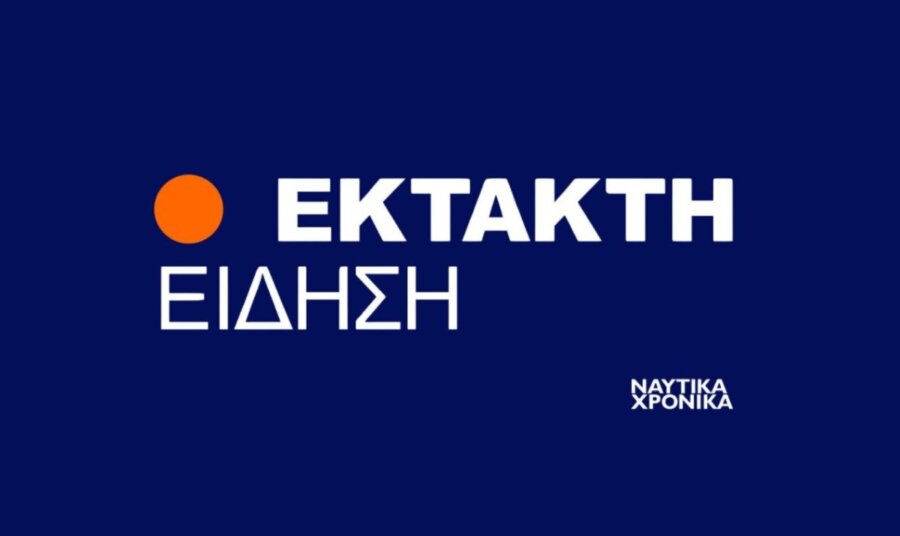
Κανονικά τα δρομολόγια πλοίων από το λιμάνι της Ραφήνας
Σε πλήρη επαναφορά της λειτουργίας του λιμανιού της Ραφήνας προχώρησαν οι αρχές, καθώς σύμφωνα με επίσημη ανακοίνωση του Υπουργείου Ναυτιλίας, οι κατάπλοι των επιβατηγών-οχηματαγωγών…

Πυρκαγιά στη Ραφήνα: Διακοπή κυκλοφορίας στη Λ. Μαραθώνος
Η πυρκαγιά που μαίνεται αυτή τη στιγμή στην περιοχή της Ραφήνας έχει προκαλέσει ήδη σοβαρά προβλήματα. Η Αστυνομία προχώρησε σε διακοπή της κυκλοφορίας των…
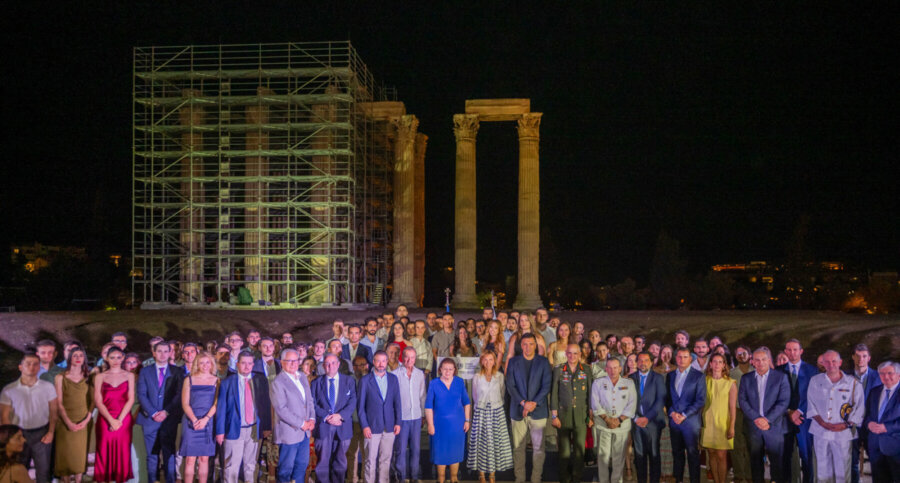
Η ακαδημαϊκή αριστεία των νέων συσπειρώνει τους Έλληνες εφοπλιστές
Η ελληνική ναυτιλία εξακολουθεί να αποδεικνύει πως αποτελεί αέναο υποστηρικτή της ελληνικής κοινωνίας. Υπό αυτό το πρίσμα, την Τετάρτη 2 Ιουλίου σε μια εμβληματική…
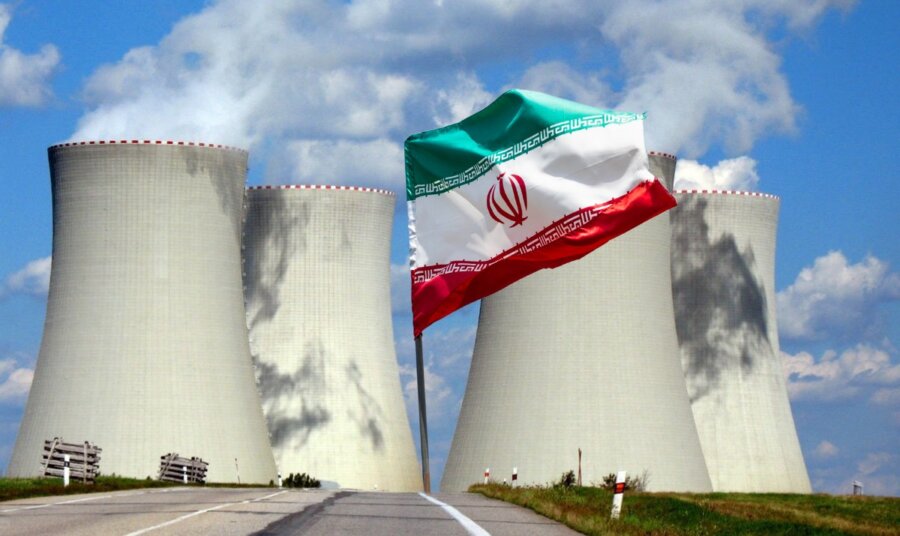
Η αναστολή συνεργασίας Ιράν-ΔΟΑΕ και οι διεθνείς αντιδράσεις
Ο Ιρανός πρόεδρος Μασούντ Πεζεσκιάν έδωσε στις 2 Ιουλίου την τελική του έγκριση σε νόμο που αναστέλλει τη συνεργασία με τον Διεθνή Οργανισμό Ατομικής…

Εγκαίνια της ανακαινισμένης αίθουσας τοκετών Γ.Ν.Α Αλεξάνδρα – Δωρεά Ιδρύματος Αικατερίνης Λασκαρίδη
Την Τρίτη 1η Ιουλίου 2025 πραγματοποιήθηκαν τα εγκαίνια της ανακαινισμένης αίθουσας τοκετών του Γ.Ν.A Αλεξάνδρα και η τελετή ονοματοδοσίας Αίθουσα Τοκετών «Μαριλένας Λασκαρίδη». Η…
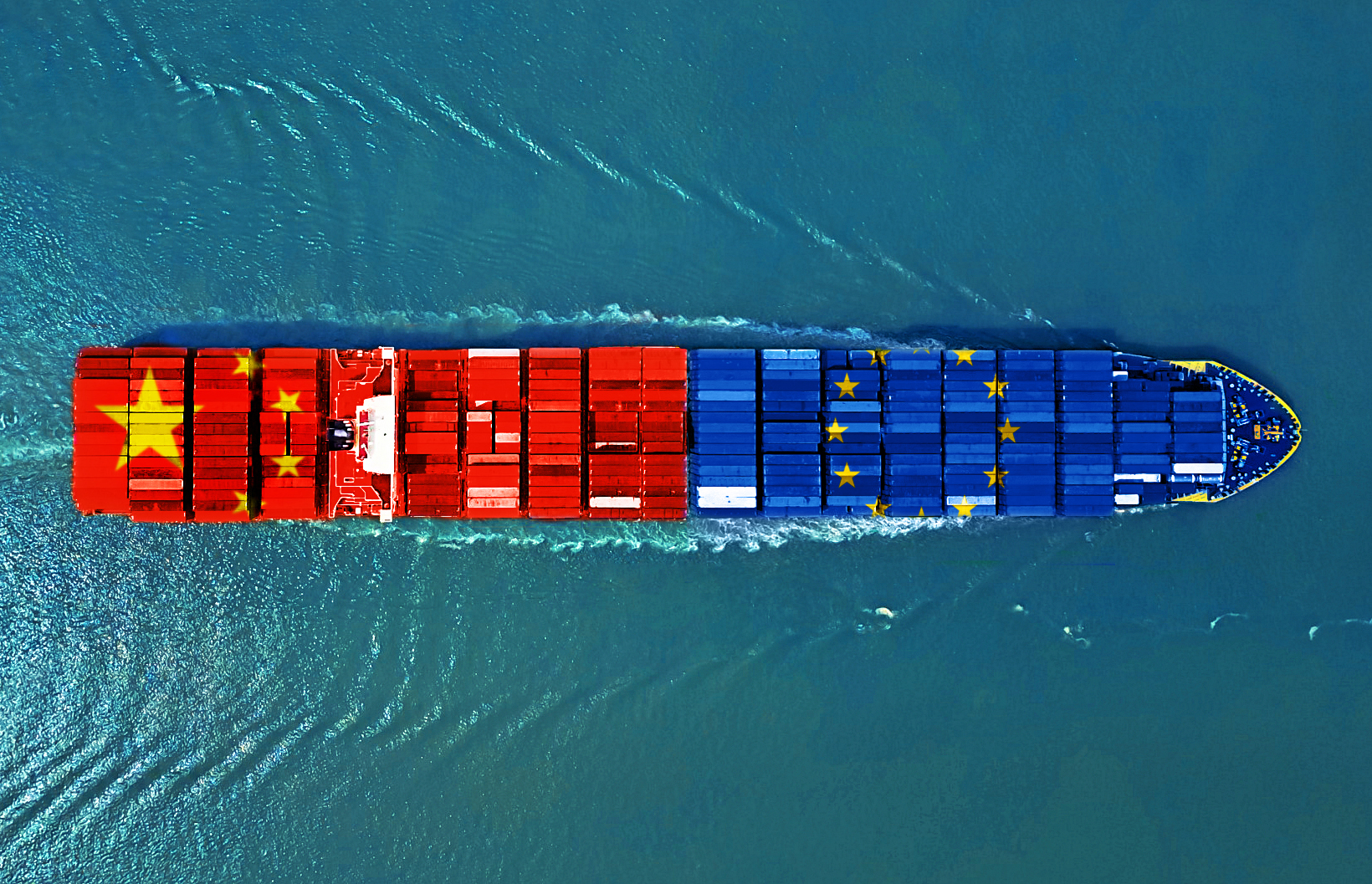
Κίνα-ΕΕ: Αντιπαράθεση ή συνεργασία;
Ο κινέζος υπουργός Εξωτερικών Ουάνγκ Γι προειδοποίησε εναντίον των κινδύνων μιας «αντιπαράθεσης», σύμφωνα με ανακοίνωση του υπουργείου του που δόθηκε σήμερα στη δημοσιότητα, τη…
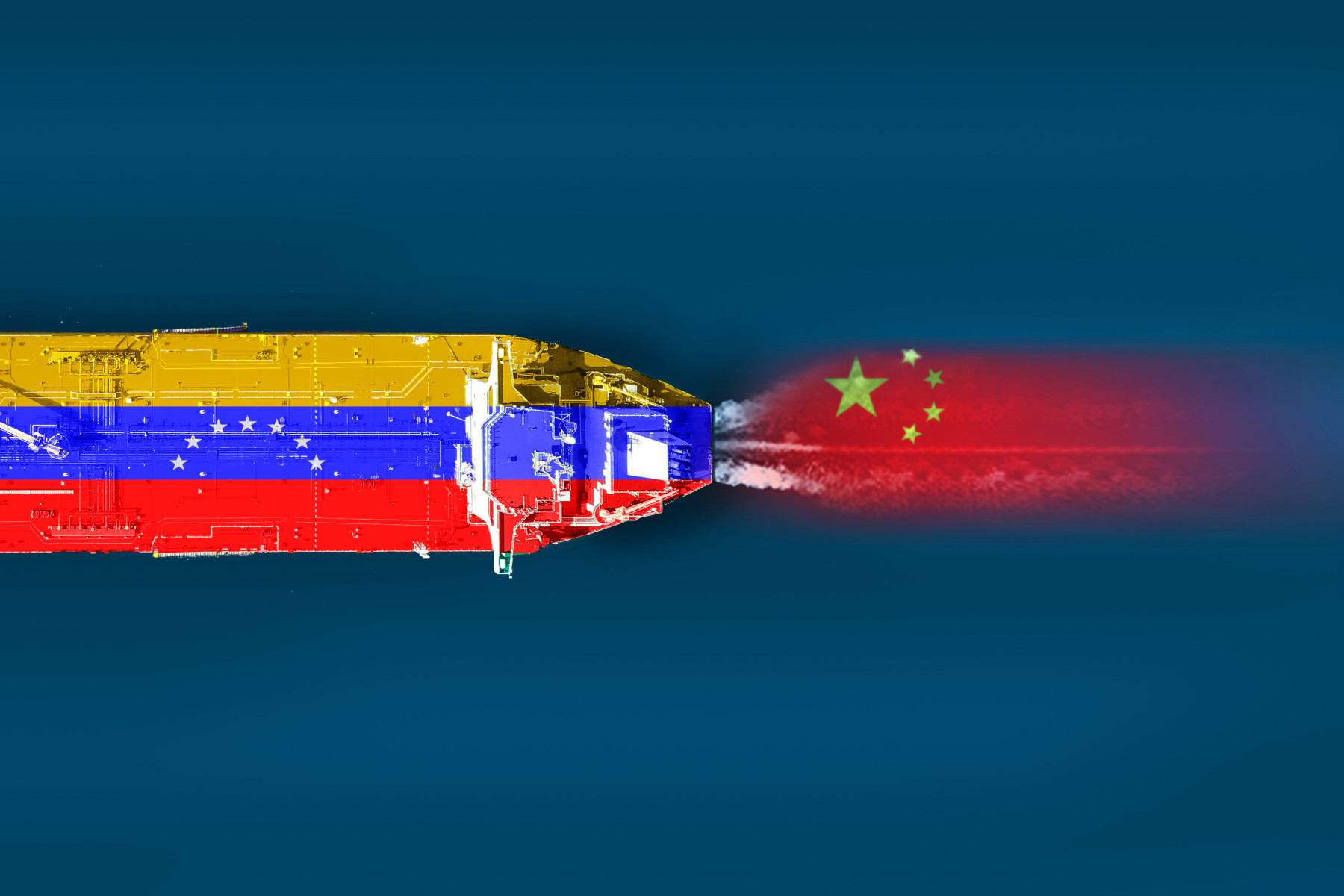
Άνοδος για τις εξαγωγές αργού της Βενεζουέλας, με κινεζικές ευλογίες
Άνοδο κατέγραψαν οι εξαγωγές πετρελαίου και καυσίμων της Βενεζουέλας τον Ιούνιο, καθώς η Κίνα αποτέλεσε «σανίδα σωτηρίας» για τα φορτία του Καράκας. Συγκεκριμένα, σύμφωνα…
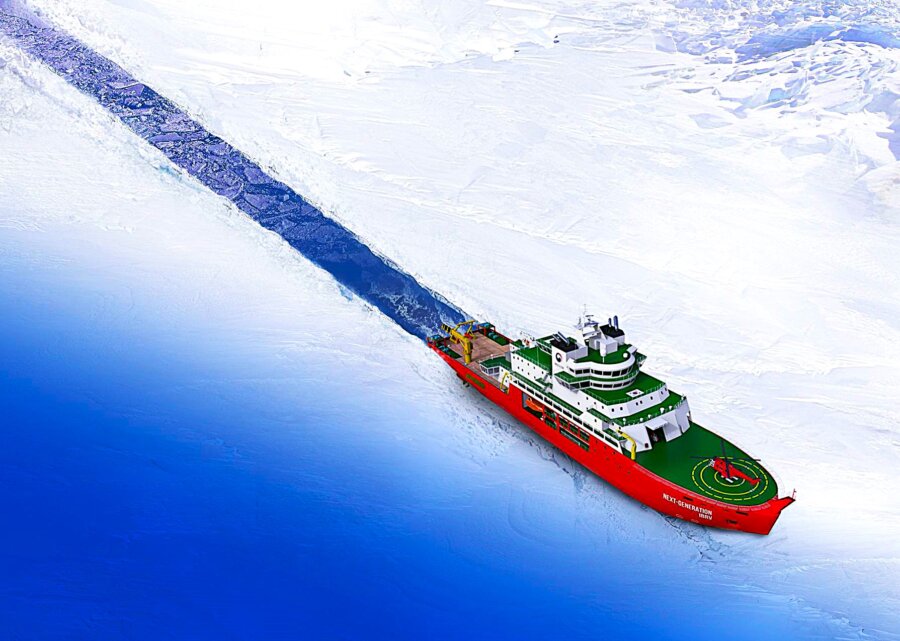
Στα σκαριά το νέο υπερσύγχρονο παγοθραυστικό της Νότιας Κορέας
Καθώς το ενδιαφέρον κορυφαίων οικονομιών παγκοσμίως επικεντρώνεται ολοένα και περισσότερο στις πολικές περιοχές του πλανήτη, η ζήτηση για προηγμένα παγοθραυστικά παρουσιάζει σημαντική άνοδο. Στο…